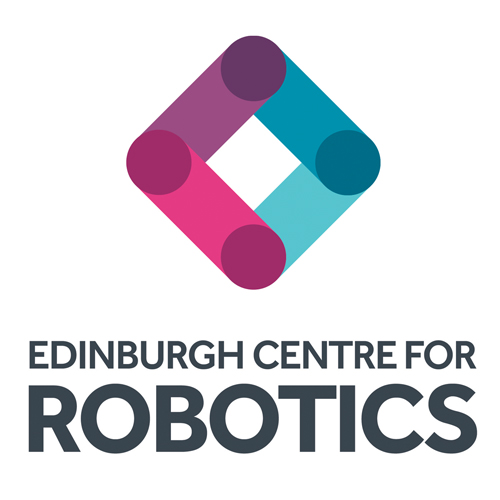IPAB Workshop Video Understanding with Limited Resources
Abstract: Understanding video is a fundamental skill of intelligent systems such as robots or virtual assistants, to be able to move and interact with the world or with humans. However, learning how to understand video is very expensive, both in terms of data and compute. This cost has a wide range of effects, from carbon emissions to holding back progress in research. In this talk I will discuss the solutions that we are designing in my lab, as well as the underlying principles and takeaway messages for future work in this area.

